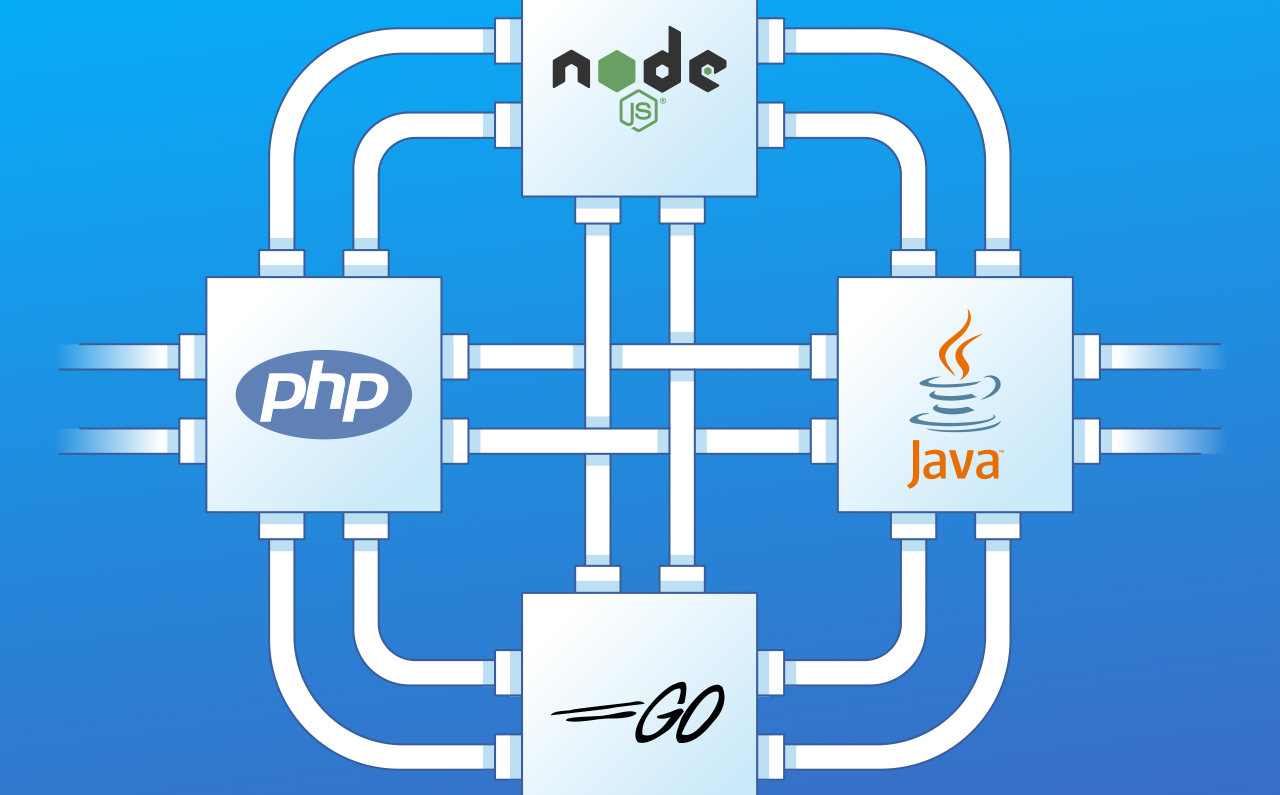The Go programming language has been around for a bit over a decade now and has been gradually growing in popularity. Here are some reasons why, and why you might find yourself wanting to write your next project in Go.
- Just the Right Amount of Runtime The “runtime” of a programming language is the code that comes with it and is necessary to support the features of the language itself.






